Dhaka, Dec 30 (V7N) —Faisal Mahmud, a science graduate from National University, has appeared for over a dozen government job exams in the last two years but remains unsuccessful.
"I am now attempting to find opportunities in the private sector. This struggle feels like a trauma. Coming from a lower-middle-class background with no influential connections, securing a job is essential to support my family. Surviving on private tuition alone is becoming increasingly difficult. As another year approaches, my prospects still look bleak," Faisal shared.
Faisal’s story resonates with thousands of educated young people across Bangladesh, many of whom have been searching for employment for years without success.
The Unemployment Crisis and Youth Protests
Widespread frustration over unemployment boiled over during the July-August demonstrations, culminating in the downfall of the Awami League government. A lack of opportunities for university graduates was a major catalyst behind this unrest.
Young job-seekers are now urging the interim government to prioritize employment creation as a solution to their growing dissatisfaction.
Farhana Sultana, a BUET student, noted, "Long-term strategies are needed to reform the education system and align it with workforce demands. The government should focus on attracting investment to diversify and expand sectors for better use of human resources."
Dhaka University psychology student Rafia Sadika proposed a tech-based solution: "An integrated online job portal where individuals can take aptitude tests and apply for positions that match their skills could revolutionize the employment landscape."
Alarming Employment Trends
Each year, approximately 22-23 lakh young people enter the job market, but job creation has not kept pace due to reduced private-sector investments and declining credit flow.
An August 2024 report by the International Labour Organization (ILO) revealed that Bangladesh’s youth unemployment rate reached 15.1%, the highest in 15 years, with many young people not participating in employment, education, or training (NEET).
According to the Bangladesh Bureau of Statistics (BBS), the number of unemployed tertiary graduates increased to 9.06 lakh in 2023, compared to 7.99 lakh in 2022. Meanwhile, the unemployment rate among graduates rose from 12% in 2022 to 13.11% in 2023.
The World Bank reported a drop in labor force participation, which fell from 61.2% in 2022 to 59.9% in early 2024. Employment rates also declined by 1.2 percentage points during the same period, while the overall unemployment rate held steady at around 3.5%.
Education Adviser Wahiduddin Mahmud attributed the problem to an "unplanned" education system that fails to produce graduates aligned with industry needs. While new universities have been established in various districts, job creation has not followed suit.
A Bangladesh Institute of Development Studies (BIDS) report found that 28% of National University graduates remain unemployed, while those who find work often end up in poorly paid positions.
The Interim Government’s Plan
The interim government has pledged to create 500,000 jobs in the public sector within the next two years. At a National Youth Day event, Asif Mahmud Sojib Bhuiyan, adviser to the Ministry of Youth and Sports, emphasized the importance of leveraging the country’s youth as a key resource for national growth.
Rezaul Maksud Zahedi, secretary to the Ministry of Youth and Sports, reported that in its first 100 days, the government had already created 86,277 jobs, including 2,468 roles in revenue and project sectors and 83,809 positions in other government departments.
Additionally, the Directorate of Youth Development has trained 19,452 individuals, with another 52,115 currently enrolled in training programs. The government’s goal is to train 264,080 people for self-employment during the 2024-2025 fiscal year.
Moving Forward
Experts urge the government to implement comprehensive reforms in education, skill development, and investment strategies to address unemployment effectively.
By equipping young people with market-relevant skills and fostering sectoral growth, Bangladesh can harness its youth potential for sustainable economic development and social stability.
END/MSS/AJ/HoN



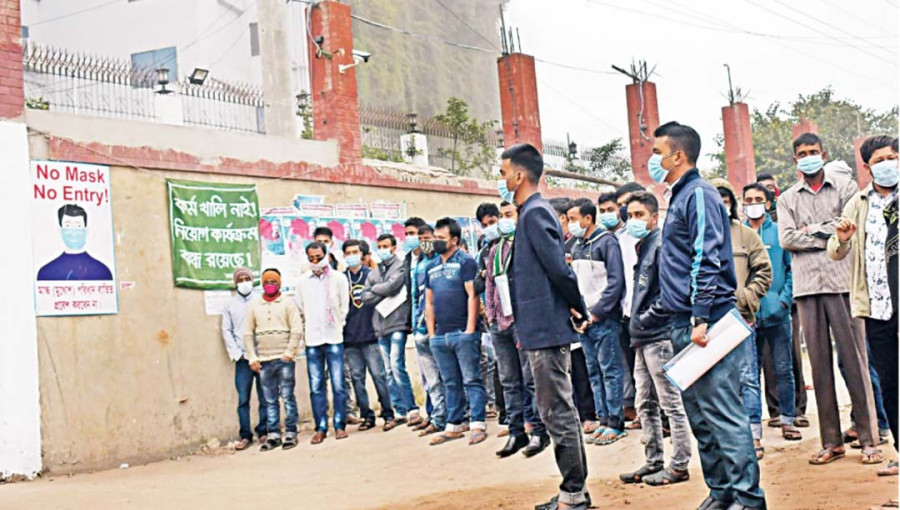








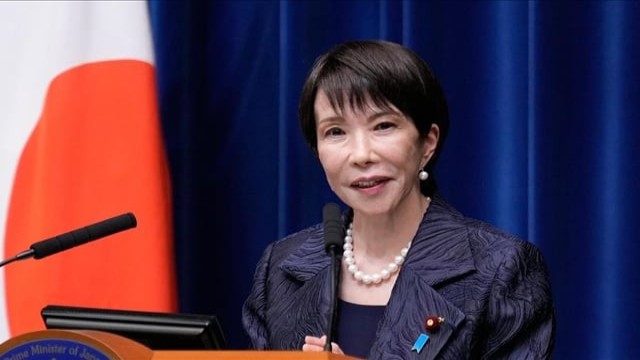
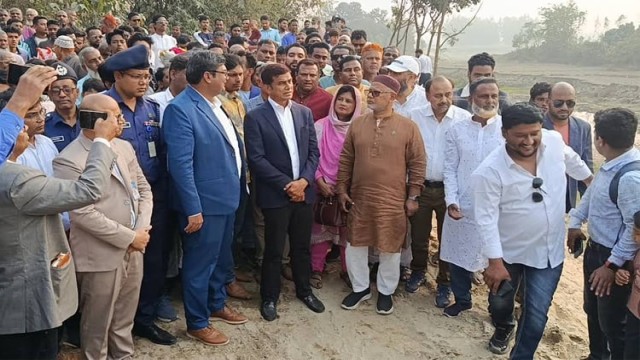





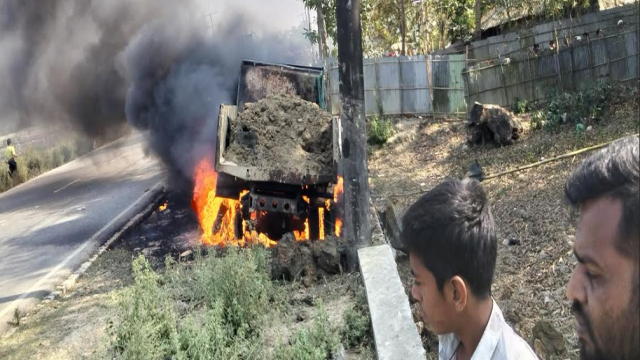






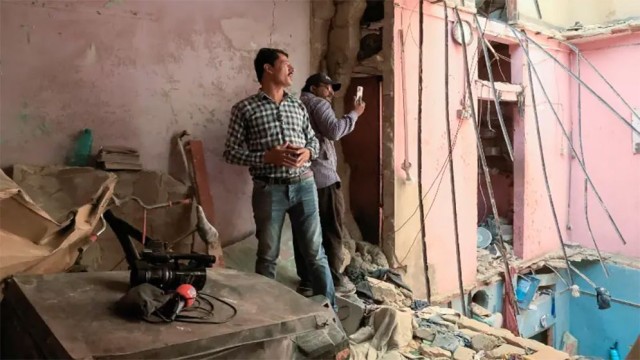


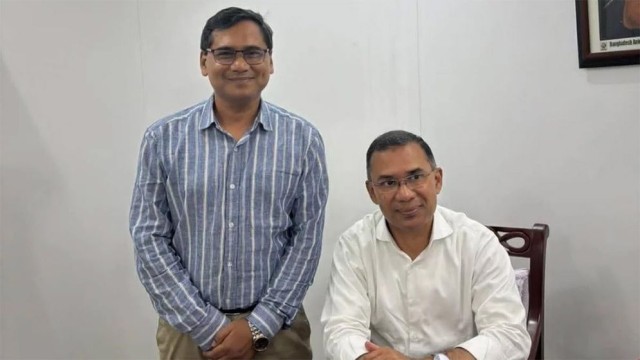

Comment: